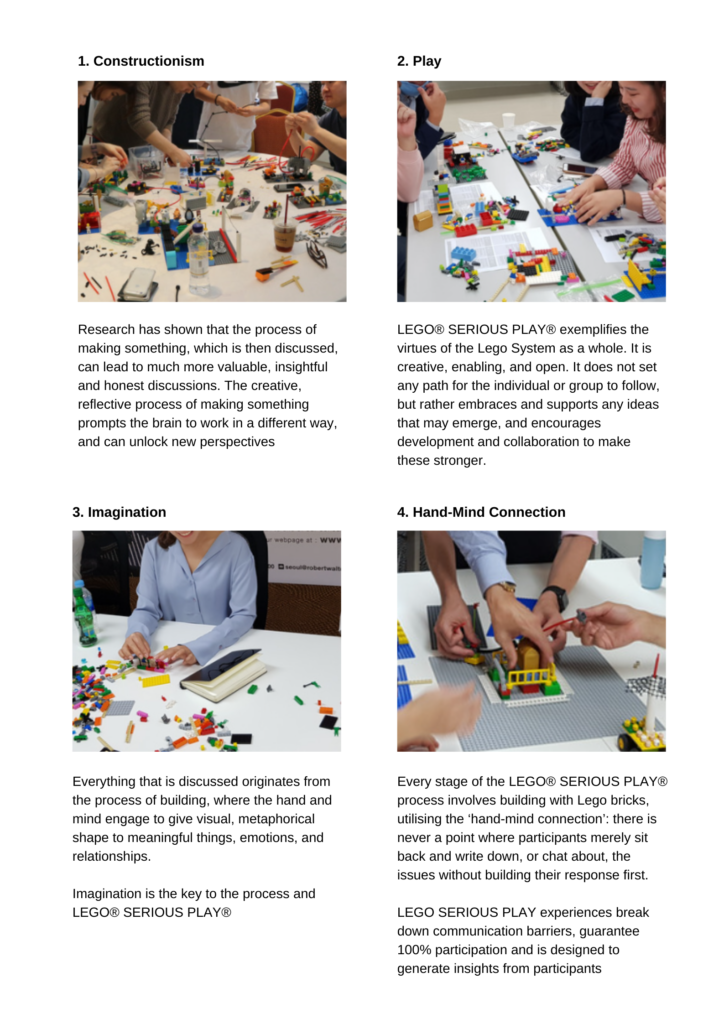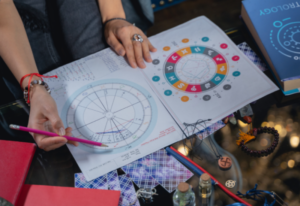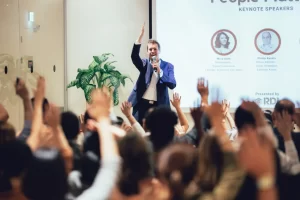Team building in Korea is no easy task! It takes courage, persistence, emotional intelligence and an understanding of how a team works.
However, an effective and cohesive team is absolutely the competitive advantage any organisation needs in an ever-changing and challenging business environment.
This blog will help you get a better understanding of the key elements that build an effective team and also what you can do as a leader, or as a member of any team to start your team building journey.
Content
What is team building?
1. Do I have a great team?
“I have a great team”
That is a statement most leaders want to say about their team, some care enough about it that they would make the extra effort and resources (time and money) to actually build a team to a variety of success.
If you are serious about building a great team, the 1st and most important advice would be to: ask yourself
Are you really a team? Or just a work group?

Workgroup
- A collection of people who report to the same manager
- With relatively little interdependence and
- Little mutual accountability

Team
- Shares common goals
- Share the rewards and responsibilities for achieving them.
- Team members readily set aside their individual or personal needs for the greater good of the group
Be HONEST with your people
If you have decided that your group is not meant to be a team, it’s far better to have clear alignment and honestly rather waste resources and energy.
Imposing Team Building effort on a workgroup not only wastes everyone’s time, but also undermines your decision making, and demonstrates a lack of situational awareness and emotional intelligence as a leader.
Most of all: It will only create false expectations, which leads to frustration and resentment. your people
2. Why is it important to build team?

“The people you work with are people you were just thrown together with. I mean, you don’t know them, it wasn’t your choice, yet you spend more time with them than your family…all you have in common is the fact that you walk around on the same bit of carpet for eight hours a day…” Tim Canterbury, The Office
It’s true, we very rarely have the luxury to choose who we work with in our team, yet more often than not, people with diverse backgrounds, experience, personality, personal expectations, communication preferences were thrown together, given objectives and expected to work as a team effectively to deliver results!
When you think about it that way, is it really fair to expect effective team work without putting substantial effort into team building?
This practice of putting groups of people together and expecting them to work effectively together as a team is highlighted by bestselling author Partick Lencioni.
He argues that teams generally started out as dysfunctional, due to the fact that most team compositions are dynamic. I.e
- Team members usually have little control over who they work with.
- Members usually join the team at different timing, environments.
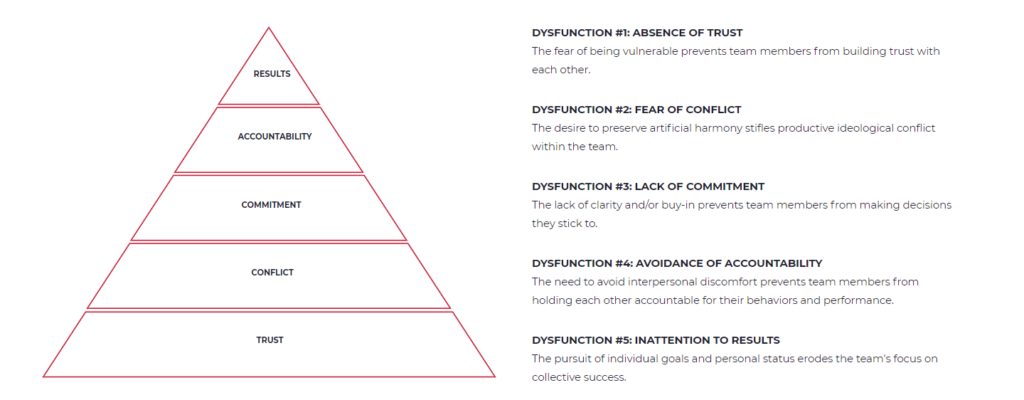
Lencioni implies that combined with the factor that people with differences in expectations, background, personality are then put together to work with little intervention, it is safe to assume that most of the time teams are NOT supposed to work effectively…Unless the leader put in extra effort into fixing those initial dysfunctions, the team will never perform to its full potential
How to get your team to stop being dysfunctional and start being effective?
3. What do you need to build your team?
We studied many great team, from sports to businesses, and we noticed that effective teams have 5 fundamental elements that defied the dysfunctions
- Trust
- Open Communication
- Commitment
- Accountability
- Result Delivery
It is important to note that the list above is in sequential order.
Great teams TRUST one another on a fundamental, emotional level, and they are comfortable being vulnerable with each other about their weaknesses, mistakes, fears, and behaviours. They get to a point where they can be completely open with one another, without filters. This is essential because teams that TRUST one another are not afraid to engage in passionate OPEN COMMUNICATION around issues and decisions that are key to the organization’s success, they do not hesitate to disagree with, challenge, and question one another, all in the spirit of finding the best answers, discovering the truth, and making great decisions. This is important because….
Teams that engage in OPEN COMMUNICATION are able to achieve genuine buy-in around important decisions, even when various members of the team initially disagree.
As a result of that, they ensure that all opinions and ideas are put on the table and considered, giving confidence to their COMMITMENT since no stone has been left unturned. This is critical because . . .
Teams that COMMIT to decisions and standards of performance do not hesitate to hold one another ACCOUNTABLE for adhering to those decisions and standards. What is more, they don’t rely on the team leader as the primary source of ACCOUNTABILITY, they go directly to their peers. This matters because . . .
Teams that TRUST one another, OPEN COMMUNICATION, COMMITMENT, and hold one another ACCOUNTABLE are very likely to set aside their individual needs and agendas and focus almost exclusively on what is best for the team. Which is to DELIVER RESULTS
Does your team have all these elements?
4. Team building starts with trust
So it all starts with trust and communication. Great teams have trust, on a fundamental, emotional level, and they are comfortable being vulnerable with each other about their weaknesses, mistakes, fears, and behaviours.
How do you build trust?
We often see teams were often put through a series of personal disclosures in team building events, as a way to get to know each other and build trust.
Pseudo scientific personality assessments (e.g. MBTI) are particularly popular amongst HR professionals, training consultants and social media influencers. Team members were asked to complete a self assessment and then to share those results with everyone.
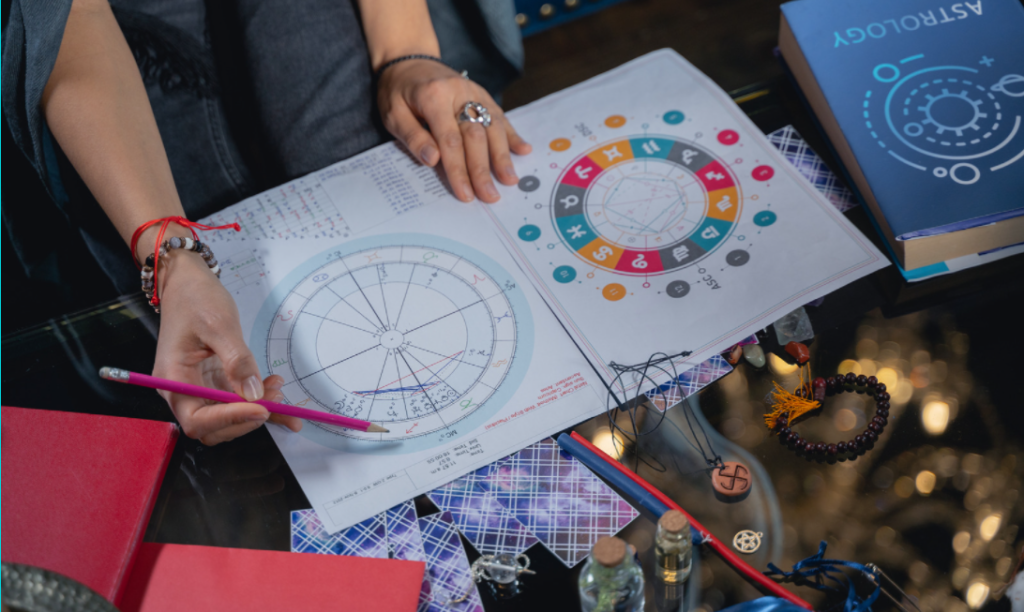
While it has its merits in facilitating conversation between team members, its accuracy comes entirely from how honest and self-reflective the answers are.
We in RDI are firm believer that the only effective method for teams to build trust and cohesion is to do real work (Katzenbach Wisdom of Teams) and using MBTI do not constitute real work, in fact we have seen team members resent the time and effort spent in doing such things while distracting them from doing actual work
Team Building: Doing Serious Work
How do you do real work and build your team?
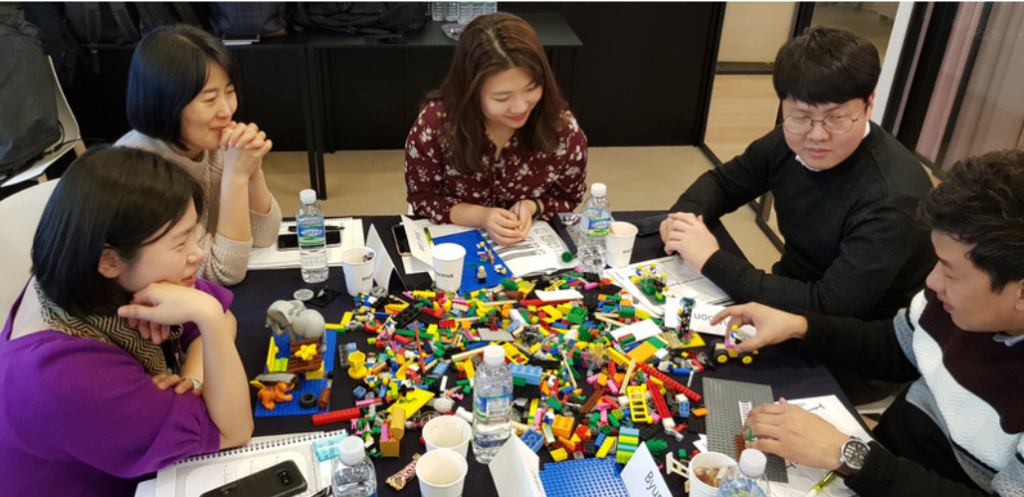
The RDI WORLDWIDE LEGO SERIOUS PLAY method solution process evolves around predetermined work related objectives that need to be discussed, explored or simply to ‘’talk about’’ & solved
The objective is achieved by a series of carefully designed challenges, and through our facilitation, building, sharing and reflecting by the participants, ideas, insights and answers are generated.
This in itself is valuable because the output originates from the participants themselves, the true experts of the organisation and it gives team members an opportunity to OPENLY COMMUNICATE and COMMIT to share visions.
The LEGO® SERIOUS PLAY® Method is based on 4 key foundations:
Team Building Case Study
Organisation N, one of the global leaders in the Video steaming sector from CA, USA is looking at an increasingly challenging business environment in 2020, with competitors looking to erode their market shares, the APEC team gathered for a week of meeting in Seoul involving Leaders from Singapore,Japan, Korea, India and China to discuss how they can work as a team to overcome the upcoming business challenges.
RDI Intervention with LEGO® SERIOUS PLAY®
Organisation N invited RDI to facilitate a 5 hours workshop off-site to use LEGO SERIOUS PLAY to build better working relationships among the leaders, as well as have a candid discussion on how they could improve their ways of working
RDI applied the “TEAM LIFE” and BUSINESS LANDSCAPE application technique to facilitate insights on how they do things as a team, and provide a further framework to identify action they can take to become a better team.
Outcome
The Leadership team were able to gain insight into their ways of working and made a breakthrough when they courageously discussed the issue of how they work with content providers and improved their procedures on using Slack for information sharing. They collectively agreed to work together to hold each other accountable to the action-plan.
WATCH OUR LEGO SERIOUS PLAY IN ACTION.
Frequently Asked Questions
Are we just going to play with LEGO?
While playing is an important part of LEGO Serious play, a large part of LEGO Serious Play is a carefully designed process based on neural and behavioural science, leveraging the power of Constructivism, Appreciative Inquiry, Imagination, and Identity, Lego Serious Play has made a positive impact in organisations such as Google, IKEA, Samsung, Virgin Atlantic and proven to be an effective tool to improve communication, innovation and team building.
How does the process work?
The process revolves around a predetermined personal or business related objectives that needs to be discussed, explored or to be ‘’talked about’’, the objective is achieved by a series of carefully designed challenges, and through building, sharing and reflecting by the participants, ideas, insight and answers are generated.
That sounds great, how many people is needed for this process?
Depending on your objective, it can range from an individual session up to 150 or even more, there are instances where LEGO Serious Play was used by more than 200 participants simultaneously.
There are a lot of LEGO based workshops, team building out there, how can I be sure that they are legitimate?
Look for the certified LEGO Serious play facilitator logo, as recommended by LEGO company, also follow this flowchart to determine if the session your consultant designed for you is a real LSP experience.
